This Is How Women Today REALLY Feel About Getting Naked
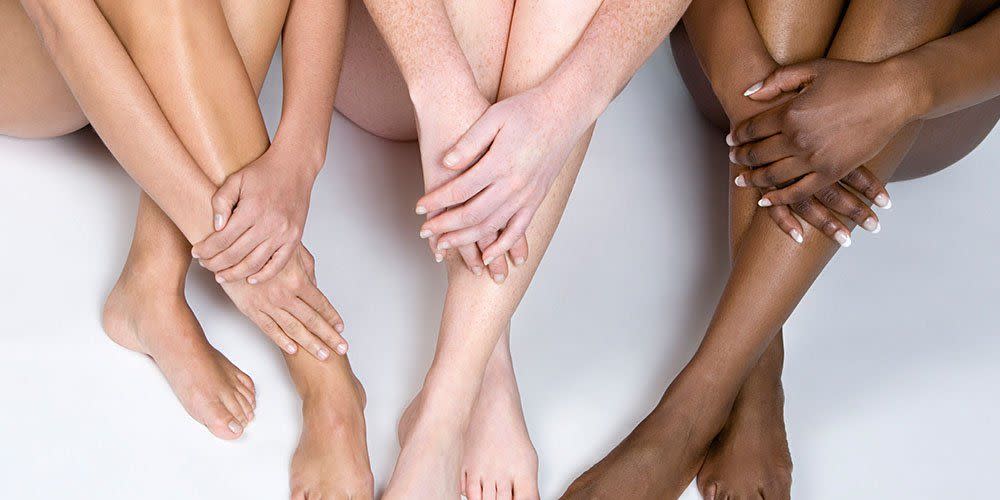
Throughout history, artists have seen the nude figure as a beautiful expression of womanhood, in all its glorious shapes and sizes. But ask the average female how she views her own bod in the buff and it gets a lot more complicated. Nakedness reveals everything we usually get to hide: vulnerabilities that date back to high school, parts you struggle to love (or just outright hate), scars, stretch marks, etc., etc., etc. Women's Health conducted a reader survey in 2013 to chart that complex relationship we have with our stripped-down selves. Now, though it's just four years later, a lifetime of change has occurred on the body front. The body-positivity movement exploded, strong replaced skinny as social media's favorite adjective, and #loveyourcurves campaigns abound—making us wonder, is there more love? More peace? How do women really feel about their bodies in 2017?
RELATED: Sofia Vergara Shares What It Was Like To Pose Naked At Age 45
To find out, we polled over 2,700 women in the U.S., plus thousands more around the globe.* Some of the results are inspiring; others, confounding. Check out this snapshot of the results:

Read on to discover what's changed—and what, rather defiantly, has not.
*Women's Health's international editions conducted the survey in their respective countries: Australia, Brazil, Germany, Greece, the Netherlands, Poland, Russia, South Africa, Spain, Sweden, Turkey, and the United Kingdom, plus a combined eight countries in Latin America.
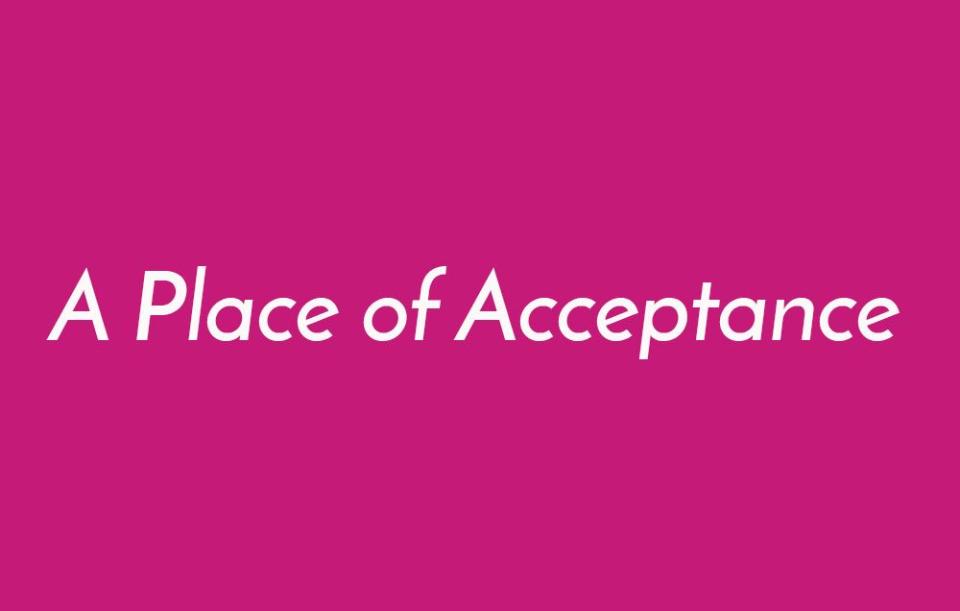
The message that women should love and celebrate their bodies 24/7 is pervasive. Maybe too pervasive.
Picture a skin-care ad with a diverse group of nonmodels—with curves, cellulite, and real-life butts—laughing and hugging in their white undies. Been there, seen that? Well, not in 2005, when Dove debuted its "Real Beauty" campaign. Then, it was revolutionary. "Dove's campaign really helped the body-positivity conversation get going and felt like this very big, very visible moment," says Jeffrey Hunger, Ph.D., a health social psychologist studying weight stigma and body image at the University of California at Los Angeles. Other public voices joined the chorus—Lena Dunham proudly went nude in Girls to show an underrepresented body type—and on social, #thighgap has taken a virtual backseat to the more accepting (and, yeah, funny) #mermaidthigh.
And although most women dig this movement as a concept, just a small fraction say they actually feel "positive" about their own bodies. Why such a startling disconnect? "The body-positive army is still really small compared to all the influencers and brands making money off of women not feeling good about their bodies," says Renee Engeln, Ph.D., a professor of psychology at Northwestern University in Evanston, Illinois, and author of Beauty Sick: How the Cultural Obsession with Appearance Hurts Girls and Women.
Another theory? Backlash to the idea of being expected to love your bod nonstop. Who loves every single element about anything all day, every day? (Okay, except maybe videos of Jiff the Pomeranian.) Far more women in our survey said the best way to describe their feelings about their body is "accepting or neutral." The results were the same in every country we surveyed (minus the Netherlands). "We spend so much time being told life is easier when you're pretty and thin—if you've gotten to the point where you don't actually feel bad about your body, that's an amazing thing," says 31-year-old Jyssica, a writer in Brooklyn who wears size 12. Engeln says aiming for body acceptance might be a healthier approach. "If you have some good days and some bad days, that's realistic," says Engeln. "An overall attitude of appreciation and gratitude is the goal."
RELATED: This Woman Took A Picture Wearing Just Tights To Make A Powerful Statement About Body Image

For two little pieces of fabric, this bathing suit causes some pretty big feelings—still.
"Every body is a bikini body." It's a major mantra now—but just two years ago, insulting phrases like "bikini worthy" dominated the social and media landscapes. Today, two-piece moments celebrating women of all types roll out as often as software security updates—and yay for that! Yet. The percentage of American women who won't be caught dead in a bikini actually increased since 2013. And that was true in almost every country we surveyed. What is going on?
As with the general body-positivity movement, seeing more body diversity in bikinis "is just a drop in the bucket compared to the decades of the notion that only a specific body type can wear a bikini," says Elizabeth Daniels, Ph.D., an assistant professor of psychology at the University of Colorado in Colorado Springs. And while a mantra is one thing, it doesn't always translate to real-life moments. "Everyone says they're supportive of body positivity, but inside they could be thinking, That girl shouldn't be wearing a bikini," says Olivia, 23, a PR coordinator in NYC who wears size 12.
The better news: Women's two-piece attitudes don't signal an epidemic of overall body hatred. "You can have great body image without feeling good in a bikini," says body-image expert Kjerstin Gruys, Ph.D., an assistant professor of sociology at the University of Nevada in Reno. "Healthy body image is more about viewing your appearance as only one small part of your overall sense of self." And among the women we surveyed, there was an overwhelmingly happy response to a less body-centric question. When asked, "Do you think you're beautiful?" more than two-thirds said yes. Jennifer, 46, an entrepreneur in Allentown, Pennsylvania, who wears size 6, explains: "After having my kids and surviving cervical cancer, my standards have changed. I don't want to wear a bikini. When I look in the mirror, I focus on my beautiful hair, toned muscles, and happy smile."
RELATED: Here's Why This Blogger Put On A Bikini For The First Time In 25 Years
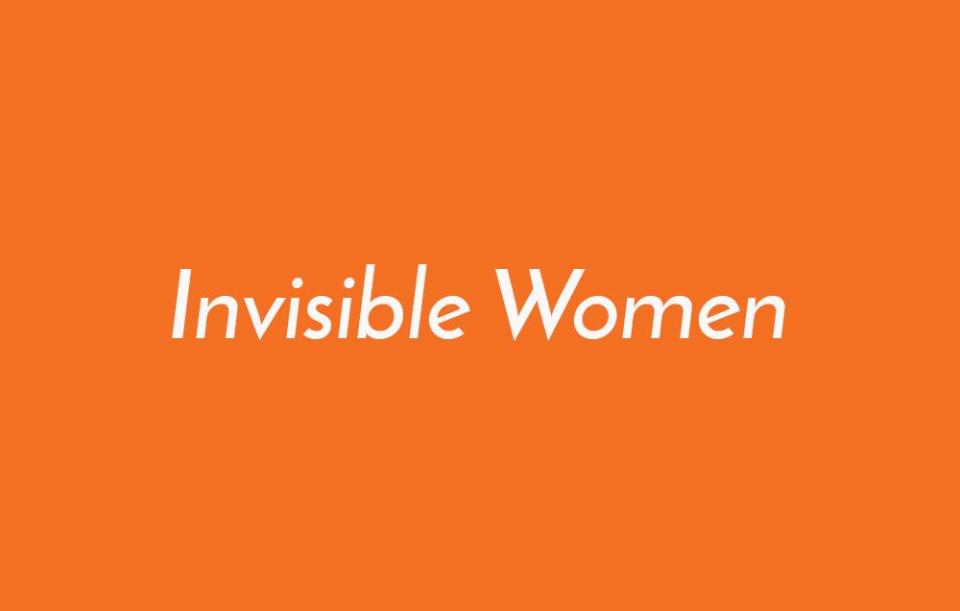
There's one surprising body type we all want to see more of in media.
Cell phones on a Buddhist retreat. Nice guys on dating apps. Women who are a size 10. Turns out, all are equally rare. While body-positive buzz focuses a lot on plus-size women, "in-between-size bodies"—say, sizes 8 to 12—took the top spot in the U.S. and most countries around the world as the group women want to see more prominently in media and social media. "We have thinner bodies being represented in the mainstream media, and there's the plus-size movement, but we're still lacking diversification of shapes and sizes overall," says psychology professor Daniels. Real women explain their feelings: "I wear a size 12, and while it's great to see plus-size women, I feel like I never see anyone who resembles me," says Theresa, 43, a writer in Cranford, New Jersey. Twenty-five-year-old Brianna, an account executive in New York who wears size 10, asks: "Where are the real women who are flat-chested but have big thighs? Or the women with thicker arms but not a large waist? There's a good chunk of them—and we don't see them in ads and rarely on social media." Ladies, WH is listening.
Here's how Sofia Vergara really felt about posing naked for our annual Naked Issue:
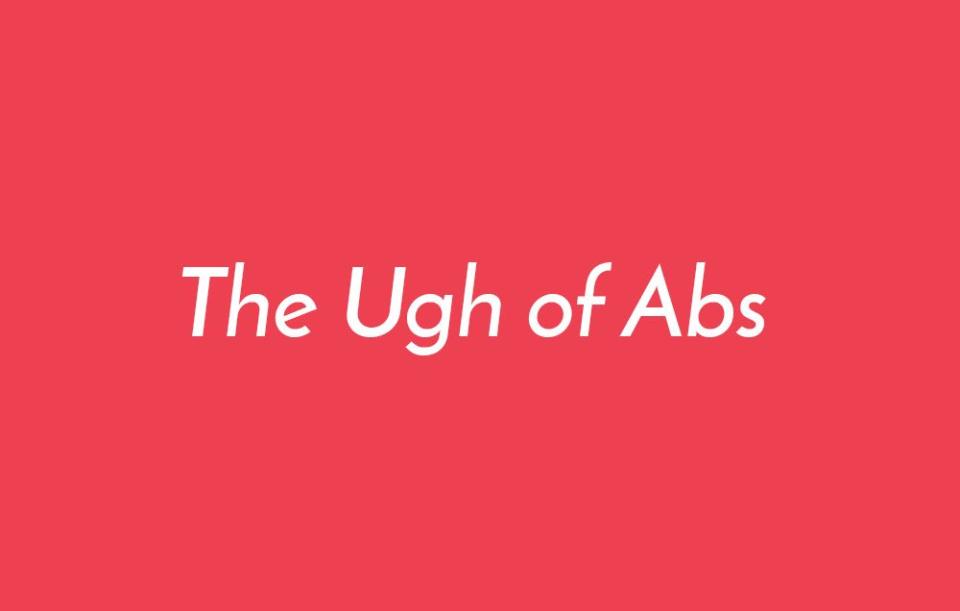
Across the board, around the world, if there's one body part women struggle to love, it's their stomach.
Put less euphemistically: When asked which body part they most want to show off, women put abs dead last. The only time they ranked their midsection first? As their "biggest insecurity when naked in front of a guy," and the body part that needs more exercise attention.
Behind the global battle? The unwavering appeal of a flat belly. Big and small boobs and booties have gone in and out of vogue, yet a softer midsection hasn't trended since, oh, approximately the Rubenesque 1600s. "If you look at parts of the body that distinguish a male body from a female body and trigger attraction, there is some evidence we've evolved over time to appreciate a low waist-to-hip ratio in women," says Engeln. "Gaining weight in the stomach changes that, which is possibly part of why we tend to hold flat stomachs in high regard."
We're not here to say flat abs should be held in high regard (abs of all kinds rock). But if you want 'em, frustration can ensue because, for some women, not even exercise does the trick. Some of us are predisposed to store fat in our middles. Then there's the fact that we're the ones who birth humans—your body is primed for the possibility whether you want to be a mom or not. "Estrogen drives fat to the pelvis, plus the butt and thighs, which seems to be physiologically advantageous for pregnancy," says Keri Peterson, M.D., an internist at Lenox Hill Hospital in NYC. Chronic stress is yet another hurdle; it can increase cortisol levels, which boosts appetite and triggers weight gain in the abdominal area.
But wait! There is one thing you can control: how you're challenging your tum at the gym. "Lots of women think endless crunches and planks are ideal, but abs are more fully worked with resistance," says Cassandra Forsythe, Ph.D., R.D., an assistant professor of physical education and human performance at Central Connecticut State University in New Britain, Connecticut. Try cable twists, kettlebell halos (rotating a kettlebell around your head), or medicine-ball slams.
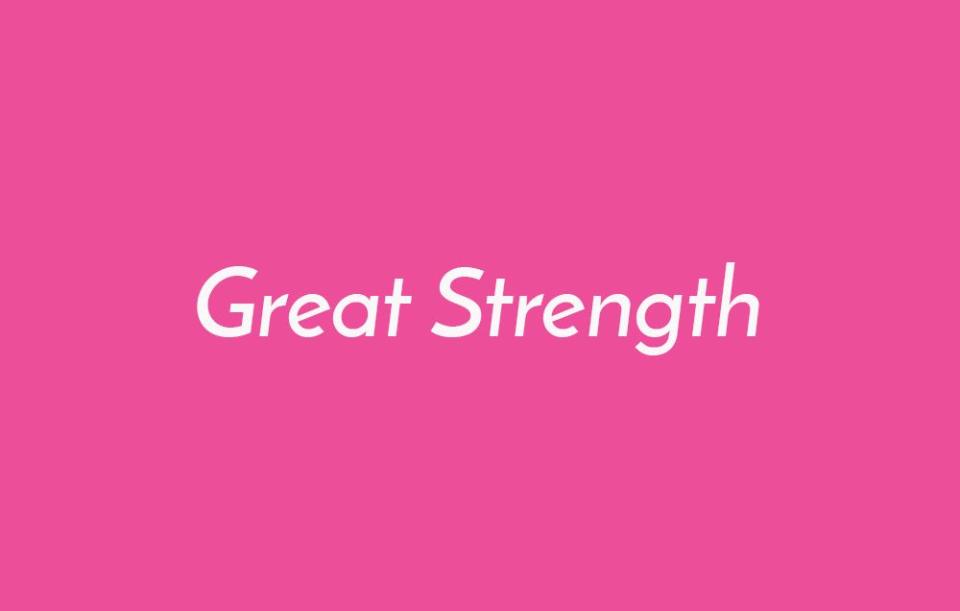
Women want to lose weight. Less expected? They'd much rather be toned.
The more things change... You know how that goes, and it holds true for weight loss. In both our surveys, the exact same percentage of women said they'd like to lose weight: 83. And though TV shows and online transformations featuring dramatic-weight-loss stories—like, 50 to 100 pounds—are now super popular, the number of desired-pounds-lost also remained the same from 2013 to 2017: six to 10. That relatively insignificant amount may reflect a knee-jerk reaction. "We're culturally conditioned to never admit to being happy with our body weight," explains sociologist Gruys. "So even women who are where they want to be may still say they'd like to lose a few more pounds."
Where the tides are happily turning: When you juxtapose the desire to be thin with the desire to be defined, the latter wins—by a lot. Allowed to check all answers that applied, 73 percent of women said they'd feel more confident naked if they were more toned, compared with 48 percent of women who said they'd feel better if they lost weight. This was true across nearly every country. And it echoes what we heard from a 2015 survey of WH readers, where you told us you wanted to see the words toned and strong on the cover. We couldn't agree more.
This article originally appeared in the September 2017 issue of Women's Health. For more great advice, pick up a copy of the issue on newsstands now!
You Might Also Like

